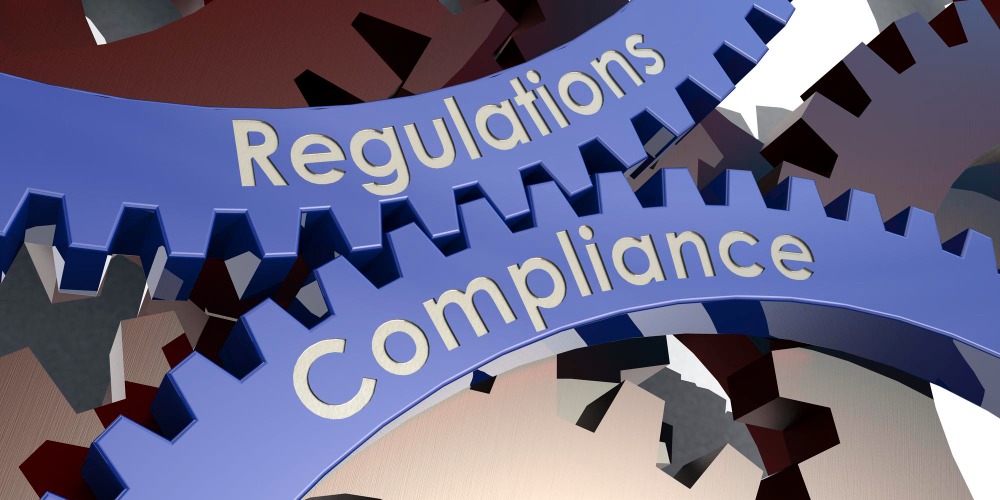Governance within the Human Resources (HR) function is the linchpin that holds the entire organizational structure together. As organizations continue to recognize the strategic importance of HR in achieving business goals, the need for a well-defined and robust governance framework becomes paramount.
Defining HR Governance: HR governance refers to the set of policies, processes, and structures that guide and regulate HR activities within an organization. It serves as a compass, ensuring that HR practices align with business objectives, ethical standards, and legal requirements. A well-defined HR governance framework establishes accountability, transparency, and consistency in HR decision-making processes.
Components of HR Governance: In building a Policy Framework, the framework should articulate HR policies that set the tone for employee conduct, performance expectations, and organizational culture. A comprehensive policy framework also serves as a reference point for both HR professionals and employees, fostering a consistent and fair work environment.
Compliance Standards: Adherence to local and international labor laws, industry regulations, and ethical standards is integral to HR governance. Regular audits and assessments ensure that HR practices align with legal requirements, minimizing legal risks for the organization.
Data Security and Privacy: With the increasing reliance on HR technology, safeguarding employee data is a critical aspect of HR governance. Policies and procedures related to data security and privacy protect sensitive information, build trust, and maintain compliance with data protection regulations.
Driving HR Governance:
Leadership Commitment: HR governance starts at the top. Leadership commitment is crucial for establishing a culture of governance within the HR function. When leaders prioritize and model ethical behavior, it sets the tone for the entire organization.
Communication and Training: Effective communication and training programs ensure that all stakeholders, from HR professionals to employees, understand the importance of governance. Regular training sessions on compliance, ethics, and HR policies enhance awareness and facilitate adherence.
Continuous Monitoring and Evaluation: HR governance is not a one-time effort but an ongoing process. Regular monitoring, evaluation, and feedback mechanisms help identify areas for improvement and ensure that the governance framework evolves to meet changing organizational needs.
Benefits of Effective HR Governance
Risk Mitigation: A robust HR governance framework minimizes legal and compliance risks, protecting the organization from potential lawsuits and reputational damage.
Strategic Alignment: By aligning HR practices with organizational objectives, HR governance contributes to the strategic success of the business, ensuring that human capital is utilized effectively to drive growth.
Employee Trust and Satisfaction: Transparent and consistent HR practices build trust among employees, fostering a positive workplace culture. When employees understand the rules and feel treated fairly, their satisfaction and engagement levels increase.
In the intricate tapestry of organizational success, HR governance stands out as the thread that weaves together policies, compliance, and ethical standards. By defining and driving governance within the HR function, organizations create a solid foundation for strategic alignment, risk mitigation, and the cultivation of a positive workplace culture. It is not just a set of rules; it is the guiding principle that empowers HR professionals to navigate complexities and steer the organization towards sustainable success.

